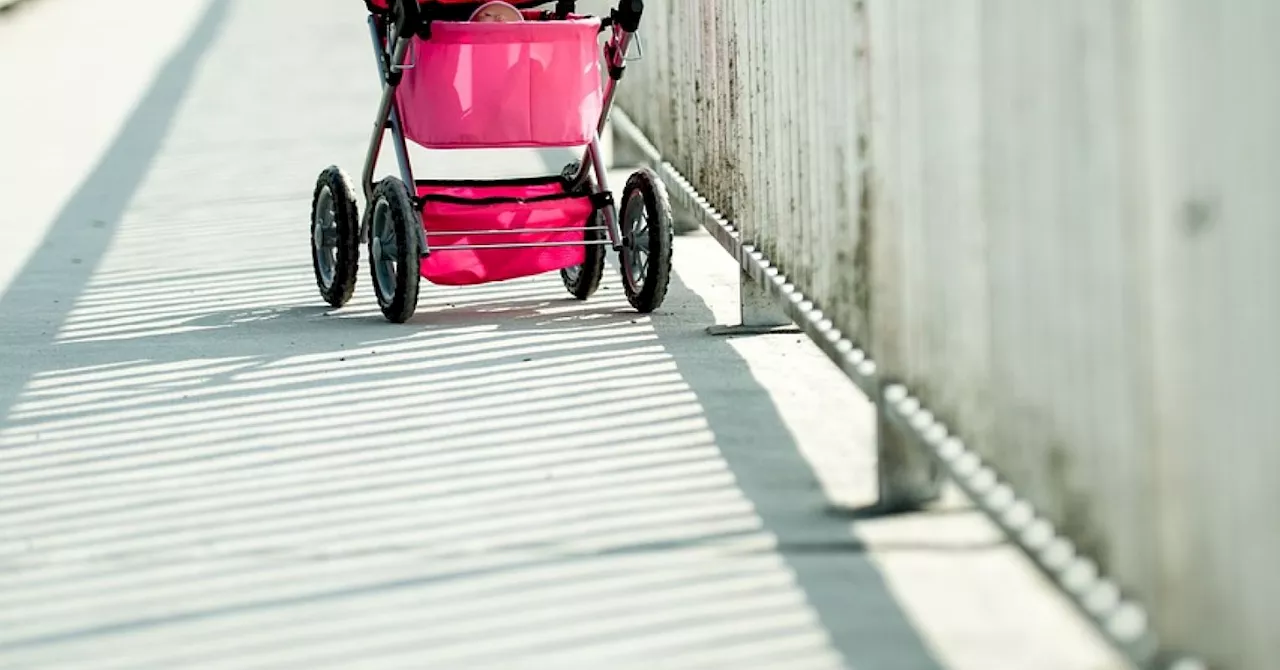Parents in recovery (PIRs) face unique challenges when socializing with friends and family who drink or use drugs. Events like birthday parties, sports gatherings, and community celebrations can feel overwhelming and trigger cravings. The normalization of alcohol at children's events has also added to the pressure. PIRs often report that their experience depends on their stage of recovery, with early recovery requiring stricter limits and longer-term recovery allowing for more comfortable participation in events with genuine purpose.
Parents in recovery have different challenges depending on phase of sobriety.Source: Roman Samborskyi/Shutterstock
When their child are involved in sports and other activities, parents start to form connections with other parents and extend social invitations. There is often a spoken or unspoken expectation of drinking together. Therefore, birthdays, end-of-the-year sports/dances, and community celebrations can feel like a maze for PIRs to enter. Over the past decade, there has been a normalization of providing alcohol at children's birthday parties.
In particular, the holiday season can bring acquaintances, loved ones and family members into the picture who may not be part of our normal routines. While it may have been easier to avoid uncomfortable family interactions throughout the year, holiday celebrations bring family members together. For PIRs, this may also be a challenging time for a variety of reasons. Even those without substance use issues may find that they are consuming more than they have the rest of the year.
PARENTING RECOVERY SOCIALIZATION ALCOHOL DRUG USE
United States Latest News, United States Headlines
Similar News:You can also read news stories similar to this one that we have collected from other news sources.
 Personal Perspective: Parents and non-parents have more in common as they age.Personal Perspective: Elders without grandkids can have more in common with their friends who are childless and childfree.
Personal Perspective: Parents and non-parents have more in common as they age.Personal Perspective: Elders without grandkids can have more in common with their friends who are childless and childfree.
Read more »
 Parents of Moreno Valley child who died under care of adoptive parents speak outThe biological parents of a 10-year-old who died under the care of his adoptive parents in Moreno Valley are demanding answers.
Parents of Moreno Valley child who died under care of adoptive parents speak outThe biological parents of a 10-year-old who died under the care of his adoptive parents in Moreno Valley are demanding answers.
Read more »
 Parents' Regrets: What They Wish They Knew as Young ParentsThis article explores common regrets parents have about their approach to raising children. Drawing on interviews with parents of successful individuals, it highlights four key takeaways: the importance of supporting children's passions, challenging the notion that a college degree is essential, recognizing the value of hard work and dedication, and understanding that sometimes pursuing unconventional paths can lead to greater fulfillment.
Parents' Regrets: What They Wish They Knew as Young ParentsThis article explores common regrets parents have about their approach to raising children. Drawing on interviews with parents of successful individuals, it highlights four key takeaways: the importance of supporting children's passions, challenging the notion that a college degree is essential, recognizing the value of hard work and dedication, and understanding that sometimes pursuing unconventional paths can lead to greater fulfillment.
Read more »
 Socializing May Protect Against Heart Attack, Stroke, and DiabetesA new study suggests that socializing with friends and family can help protect against serious health conditions like heart attacks, strokes, and type 2 diabetes. The research, conducted by Cambridge University and colleagues in China, found that social interactions boost the immune system and reduce disease risk.
Socializing May Protect Against Heart Attack, Stroke, and DiabetesA new study suggests that socializing with friends and family can help protect against serious health conditions like heart attacks, strokes, and type 2 diabetes. The research, conducted by Cambridge University and colleagues in China, found that social interactions boost the immune system and reduce disease risk.
Read more »
 Socializing May Protect Against Heart Disease, Stroke, and Other IllnessesA new study suggests that strong social connections can benefit overall health by reducing the risk of heart disease, stroke, type 2 diabetes, and other health issues.
Socializing May Protect Against Heart Disease, Stroke, and Other IllnessesA new study suggests that strong social connections can benefit overall health by reducing the risk of heart disease, stroke, type 2 diabetes, and other health issues.
Read more »
 Justice Department Finds Arizona Child Safety Agency Discriminates Against Parents and Children with DisabilitiesThe Arizona Department of Child Safety (DCS) was found to violate the Americans with Disabilities Act (ADA) by the Justice Department for discriminating against parents, including foster parents and caregivers, and children with disabilities. The investigation revealed DCS failed to provide adequate communication for parents and children with hearing disabilities and did not reasonably accommodate the needs of parents with disabilities. The DOJ emphasized the importance of fair and equal treatment for parents and children with disabilities in child welfare agencies.
Justice Department Finds Arizona Child Safety Agency Discriminates Against Parents and Children with DisabilitiesThe Arizona Department of Child Safety (DCS) was found to violate the Americans with Disabilities Act (ADA) by the Justice Department for discriminating against parents, including foster parents and caregivers, and children with disabilities. The investigation revealed DCS failed to provide adequate communication for parents and children with hearing disabilities and did not reasonably accommodate the needs of parents with disabilities. The DOJ emphasized the importance of fair and equal treatment for parents and children with disabilities in child welfare agencies.
Read more »
